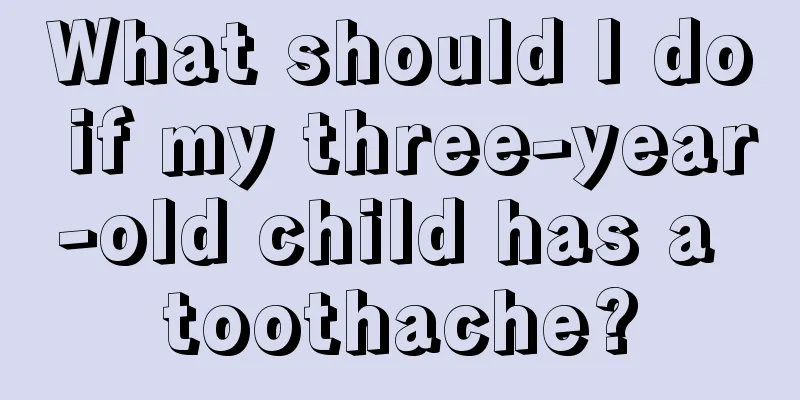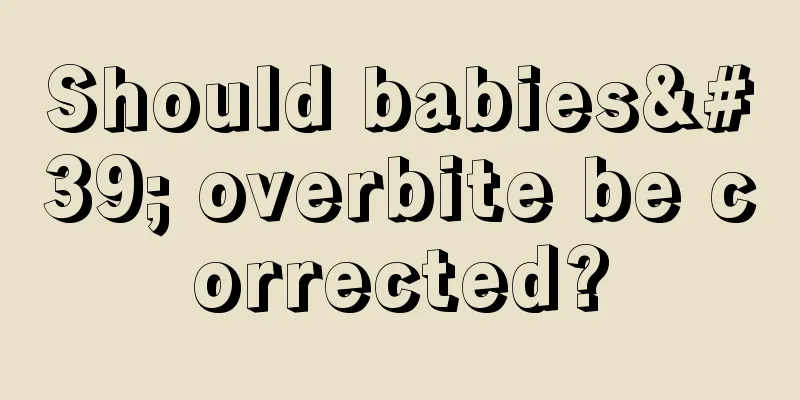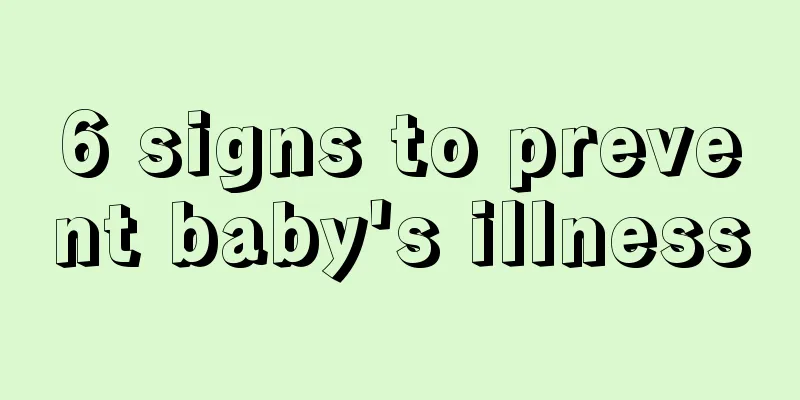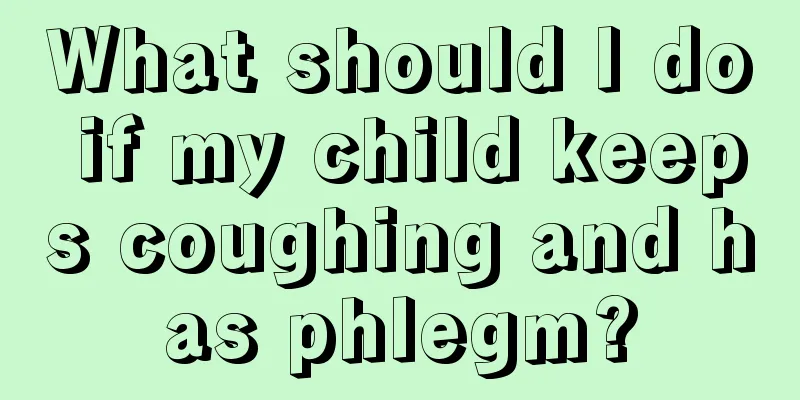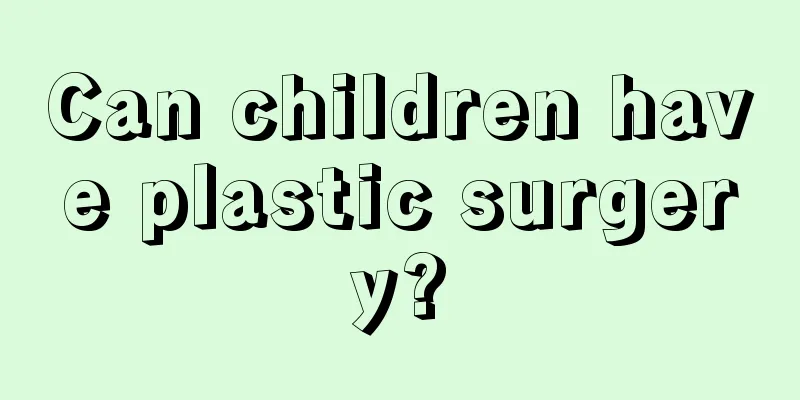Why is my 4-year-old drooling?

|
When it comes to drooling, you may think of babies first. It can be said that it is normal for babies to drool. After all, they are not fully developed in all aspects, and children will not get angry easily when they drool. However, when children grow up, they will no longer drool. Once this phenomenon occurs again, you still need to be vigilant. So what is the matter with a 4-year-old child drooling? After the baby is one year old, as the brain develops fully, drooling will occur less frequently. When children are 2-3 years old, their swallowing function and central nervous system are further improved and they will stop drooling. If a child continues to drool when he grows up, it may be pathological drooling rather than physiological. This may be caused by poor neurological or endocrine development, inflammation in the oral cavity, and indigestion, and must be diagnosed and treated. For example: when the oral mucosa is inflamed, the secretion of the salivary glands is stimulated and the amount of saliva will increase. Some saliva may also contain yellow or light red mucus and have a bad odor. At this time, you should go to the dental department for diagnosis and treatment. It may be a manifestation of spleen and stomach dysfunction, which is common in cases of weakened spleen and stomach motility, retention of water and dampness, spleen and stomach dampness and heat, or food stored in the stomach, which is the so-called "stomach disharmony leads to restlessness". When children have a cold or a cold and have difficulty breathing, they often breathe through their mouths, which can also cause drooling. Some children may also drool due to incomplete development of brain intelligence or endocrine system diseases. At this time, they should go to the pediatric department for treatment. Another reason is that the baby is growing teeth. It may also be that the heart fire is too heavy and there is food accumulation. Eat something to clear stomach heat or chicken gizzard. Don't sleep on your stomach at night. First, go to a regular hospital for a check-up and treat the primary disease causing drooling, such as neurosis, oral inflammation, etc.; secondly, develop good eating habits, do not go to bed immediately after meals, do not eat too much for dinner or eat too much greasy, sticky and other indigestible food; thirdly, develop good hygiene habits such as rinsing your mouth after meals and brushing your teeth before going to bed to reduce the occurrence of oral inflammation. In addition, do not do strenuous exercise or overuse your brain before going to bed. From the above article, we have a clear idea of why a 4-year-old child drools. Family members must always pay attention to their children's health and never take chances. At the same time, after seeing the baby drooling, they must go to a regular hospital as soon as possible for examination and diagnosis, so that they can deal with it correctly under the guidance of a doctor. |
<<: How to prevent left trigeminal neuralgia?
>>: Generally speaking, what should I do if my baby has diarrhea after changing milk?
Recommend
What to do if baby has diarrhea
Diarrhea in babies is a relatively common gastroi...
At what age can a baby brush his teeth?
Everyone needs to brush their teeth twice a day, ...
What are the symptoms of egg yolk allergy?
Egg yolks have high nutritional value and are fou...
At what age can children brush their teeth?
We all know that if we want to have healthy teeth...
Geographic tongue treatment, Chinese medicine is effective
Geographic tongue often occurs in children and ad...
The treatment of sinusitis in children is like this
Sinusitis in children has a great impact on their...
Where is the best place to treat ADHD in children?
When it comes to ADHD, many friends' first re...
How often should a newborn baby's hair be shaved?
In some rural areas of my country, there is a pop...
What should I do if my child has thrombocytopenia?
What causes thrombocytopenia? Thrombocytopenia ca...
What are the symptoms of cerebral palsy in children
I believe that many parents are not very clear ab...
What should I do if my child has corns on his hands?
Any problem with a child is of great concern to p...
What should I eat to supplement my fetus’ short legs? How to prevent babies from having short legs?
Short legs of the fetus is an abnormal phenomenon...
Why is the newborn's nose red?
Perhaps many parents will find that their babies ...
Nursing measures for convulsions in children
I believe many parents are familiar with pediatri...
What foods are good for newborns with calcium deficiency?
Newborns may also suffer from calcium deficiency,...

